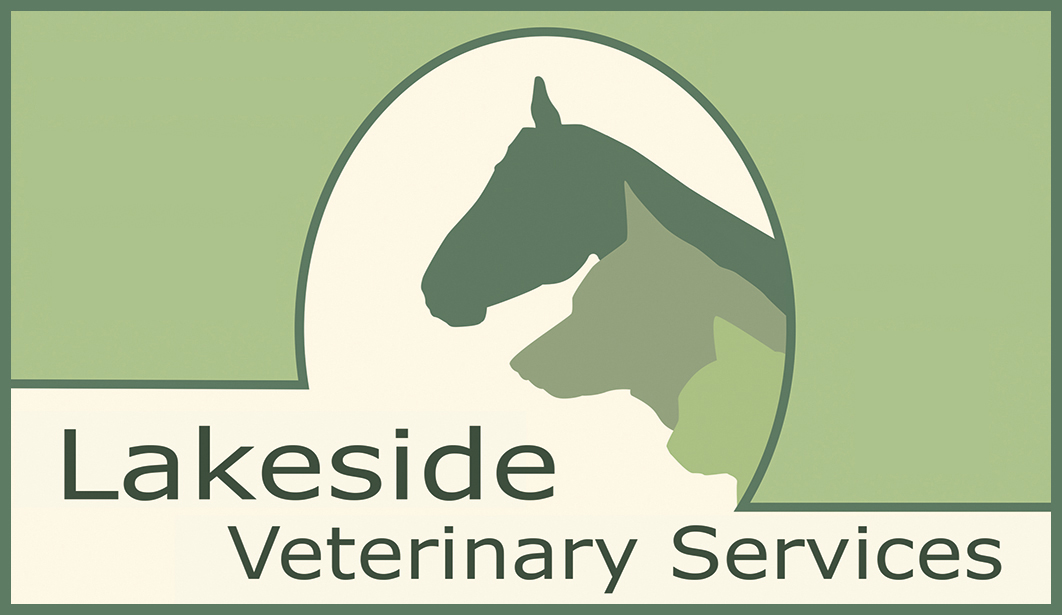Library
-
Periodontal disease is the most common problem affecting cats of all age groups. The importance of daily, at-home dental care cannot be overemphasized. Cats may benefit from either a food, treat, water additive, gel or powder that has been approved by the VOHC to reduce plaque buildup.
-
Online shopping is convenient, but it’s important to be cautious about what you purchase online, especially when it comes to your pet's medications. Follow recommendations from your veterinary clinic and avoid any company that does not require a prescription from your veterinarian.
-
The aristocratic but playfully affectionate Cavalier King Charles Spaniel looks like he leapt straight out of a Renaissance painting. Sweet and docile, cuddly and adaptable, Cavaliers can be anything you want them to be.
-
A cesarean section is a surgery to remove kittens from the uterus and is most commonly performed as an emergency procedure when there is difficulty with natural birth. During the immediate recovery period, the mother and kittens must be closely monitored and begin eating/nursing within a few hours. If you have any concerns about their health, you should immediately have your veterinarian examine the kittens and their mother.
-
If you're looking for an excellent companion you can take almost anywhere, the Cesky Terrier might be for you. They are playful and sporty, yet calm, sweet, loyal and obedient.
-
The Chesapeake Bay Retriever is truly an American dog, developed for the dedicated hunter, come fair weather or foul. Chessies love water sports including boating, swimming, retrieving, and dock diving.
-
Cheyletiellosis in rabbits is a condition caused by the common rabbit mite, Cheyletiella parasitovorax. This mite’s effects are sometimes called "walking dandruff" because they are large, whitish mites that crawl across the skin and hair of a rabbit and cause excessive flaky skin. Other clinical signs of cheyletiellosis include itching, scratching, and hair/fur loss. This species of mites can live in the environment for a short time and affect people and other animals, so it is important to follow your veterinarian's recommendations for treating the environment and all pets in the household.
-
The smallest member of the dog world, the Chihuahua has a giant personality to make up for his tiny size. Bright, alert and a little bit saucy, the companionable Chi wants to be with you, perched on your shoulder, resting in the crook of your arm, or carried in your purse.
-
Chin acne in cats is a poorly understood disorder of follicular keratinization (the overproduction of keratin, a protein found in the outer layer of skin). If this excess keratin is trapped in the hair follicle, comedones (blackheads) form. Pustules (pimples) may form if bacteria infect the comedones. The underlying causes are not fully understood but may be associated with excess sebum production, viral infection, immunosuppression, stress, or poor grooming. Treatment options are available and often involve improved hygiene.
-
This handout provides basic guidelines for feeding a pet chinchilla a healthy and balanced diet tailored to the specific needs of chinchillas.

